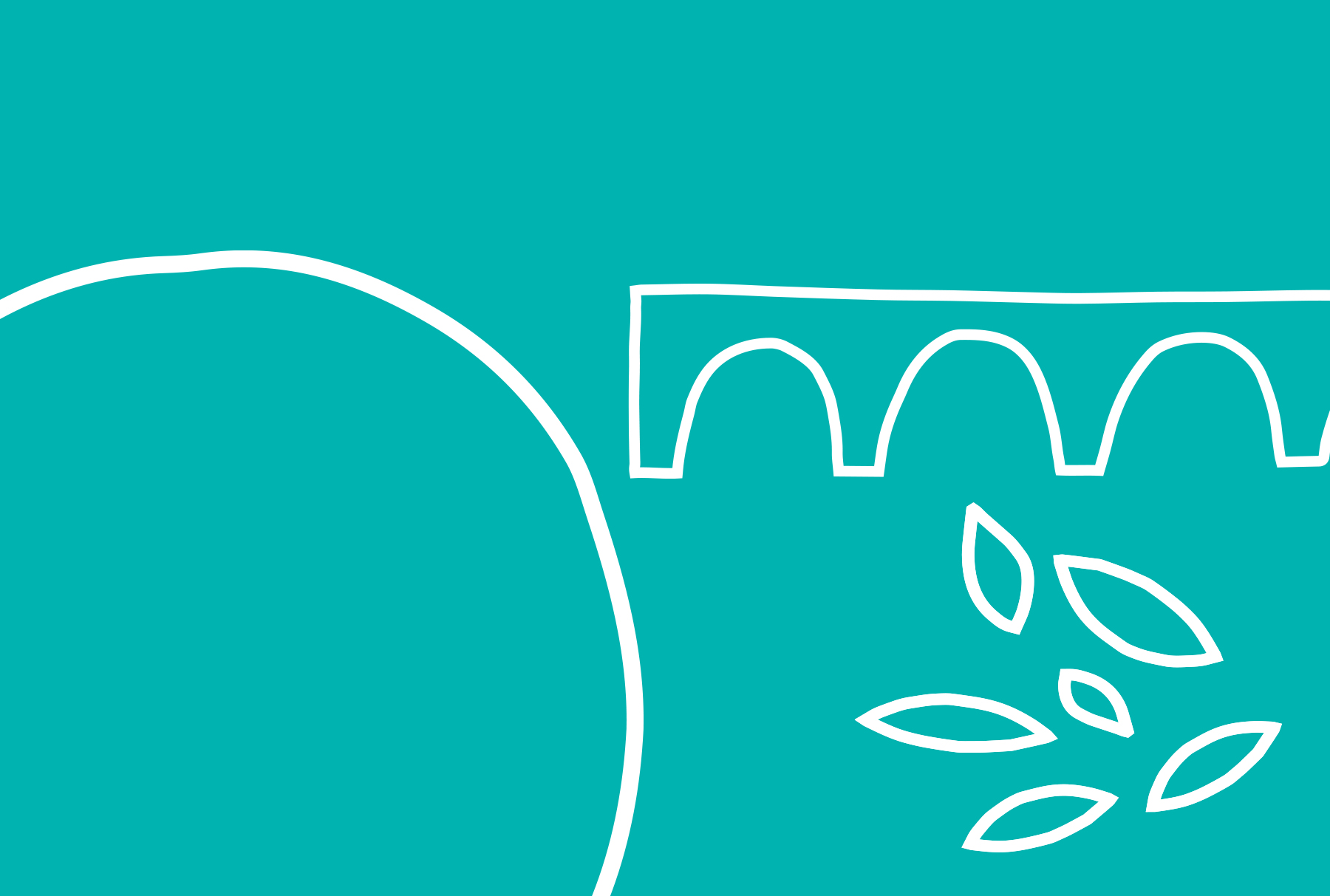Religious Coexistence
Past event – Religious Coexistence
This International Symposium took place at Newcastle University between 13 and 15 January 2025 and explored community/religious coexistence within sacred spaces.
A key feature of the Symposium was the "Shared Sacred Sites" exhibition; a highly successful travelling exhibition that has been showcased in several countries, including France, Greece, Turkey, and the USA [Exhibits — Shared Sacred Sites]. Organised by Dr Christos Kakalis and Dr George Tsourous, the Symposium featured four keynote lectures and presentations of selected papers.
The exhibition, designed as an interactive, curated space, facilitated workshops among stakeholders and the local community to foster awareness and explore possibilities for future collaborations.
More events of this kind
The event, organised in collaboration with Religions For Peace UK, has been planned as one of a series of events, aiming to provide a platform of dialogue between diverse cultural and religious narratives, thus enriching research and educational experience and promoting a harmonious environment.
The next event, in the series will take place in January 2026 in Edinburgh University.
